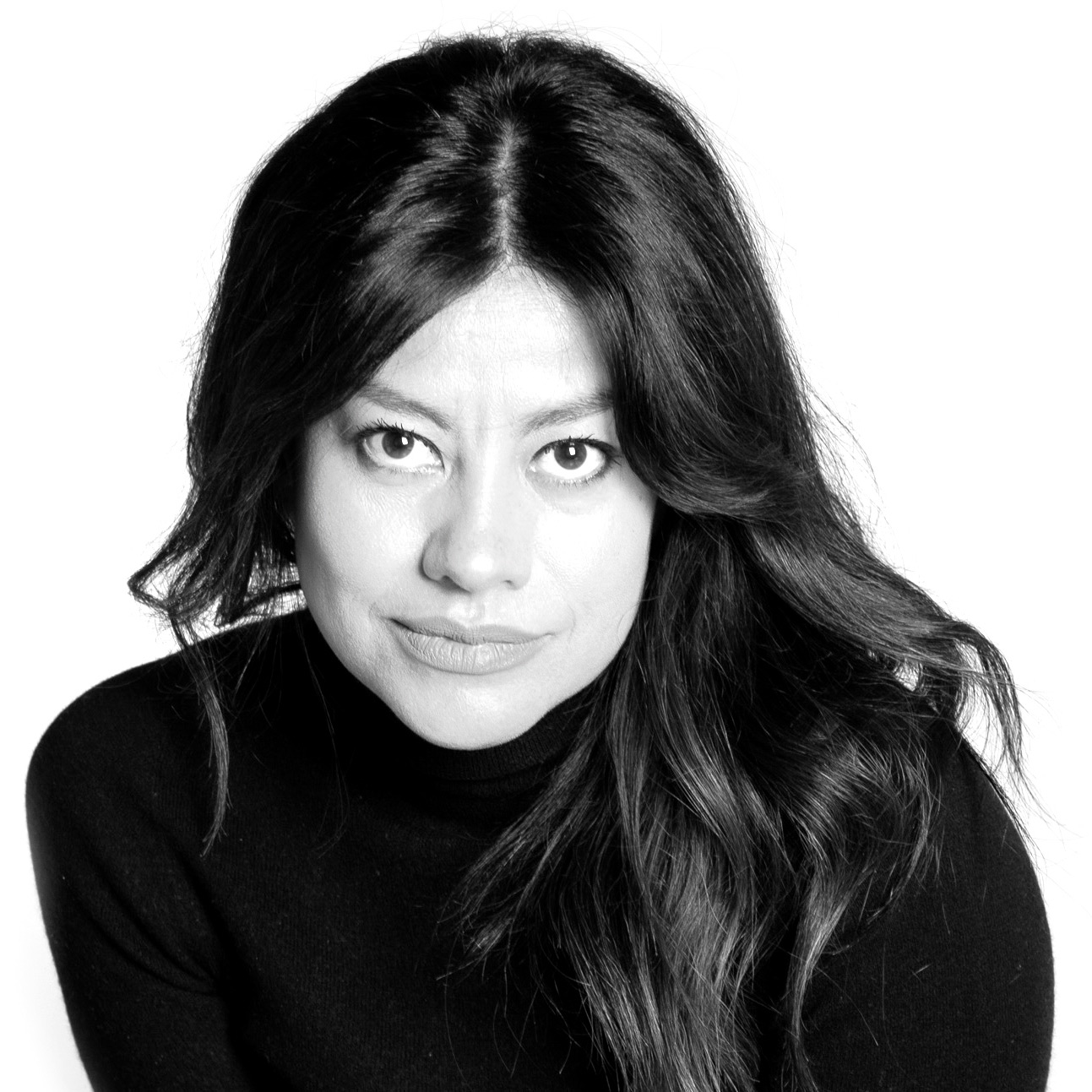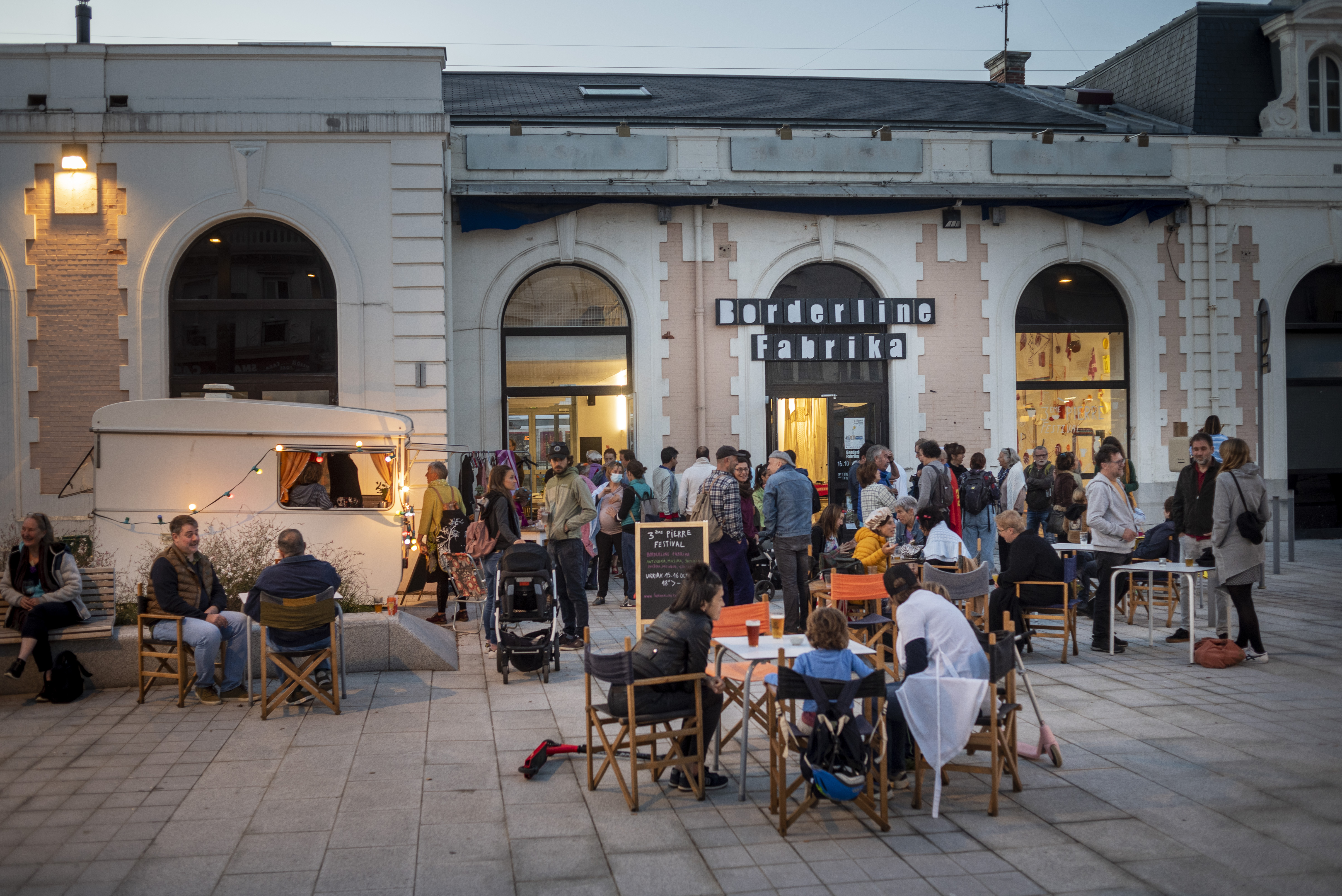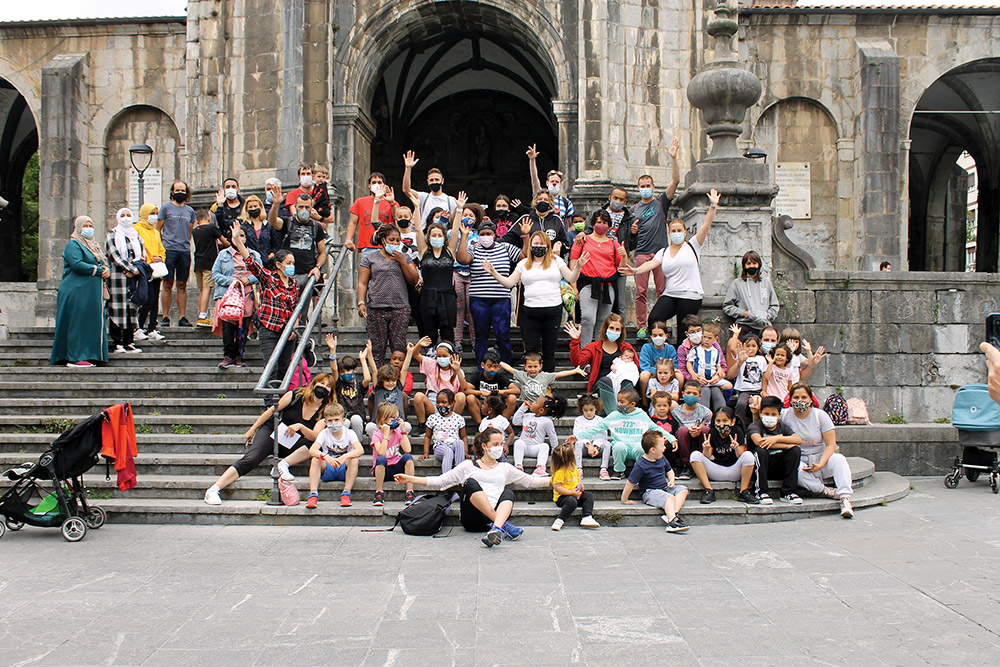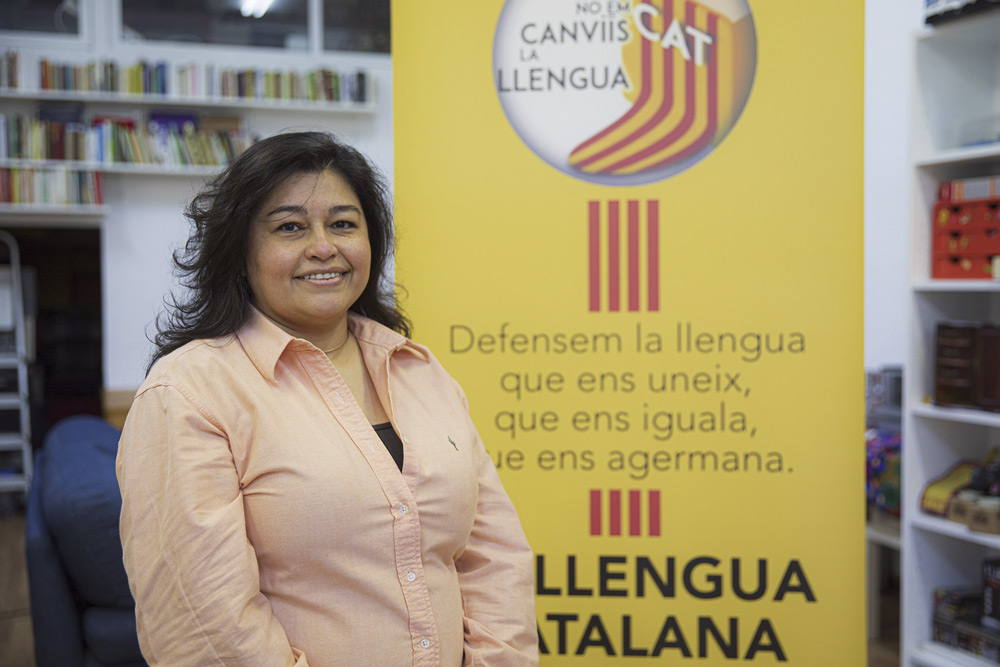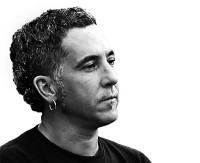Neighbours Meals "to break biases and stigmas"
- The Bizilagunak project will be organised on 17 November. Migrants, refugees and their families will gather to eat in Álava – it will also be organised in Bizkaia and Gipuzkoa. It will be the fourth time this year this special day is celebrated among people from different cultures around the world.

Angelines Ortiz de Arrizabaleta (Salvatierra, 1957) and Nora Reyes (Neyba, Dominican Republic, 1961) participated in the three previous editions of the Bizilagunak project (Agurain) in which they have known international cultures. In the interview, in addition to commenting on the relationship that has been maintained with other people, we will discuss their experience carefully.
What are the objectives of the Bizilagunak project?
Angelines Ortiz: The objective, as the project indicates, is the creation of neighbours. The aim is to create a network that serves as a connection between different cultures. It is an awareness-raising effort to break down prejudice and stigma.
Nora Reyes: We don't just organize a meal between two families or two groups of friends. Through this food, we intend to maintain those relationships and give way to cultural diversity. These meals give way to coexistence.
What does this project bring to you?
N.R. : The fruit of the project is enriching for the people. It helps to strengthen the relationship between the locals and those who come from abroad. Both the host and guest roles are interesting. I've been on both sides.
A.O. : I have also played host and guest role. These meals serve to debate or share ideas on issues that are not spoken on the street, in this sense it is very interesting. Companionship is also generated.
To what extent are the aguraindarras and Basque citizenship involved?
A.O. : I believe that Basque citizenship is giving a good answer. I think there is an interest in international cultures, and as the years go by, more and more Basques are signalling themselves. But it's not a trend that changes from one day to the next.
N.R. : Perhaps their involvement is insufficient. It is possible that in future editions the emphasis will have to be placed there. We gather a lot of international people, but I at least see the lack of people here. Wait for the amount to increase.
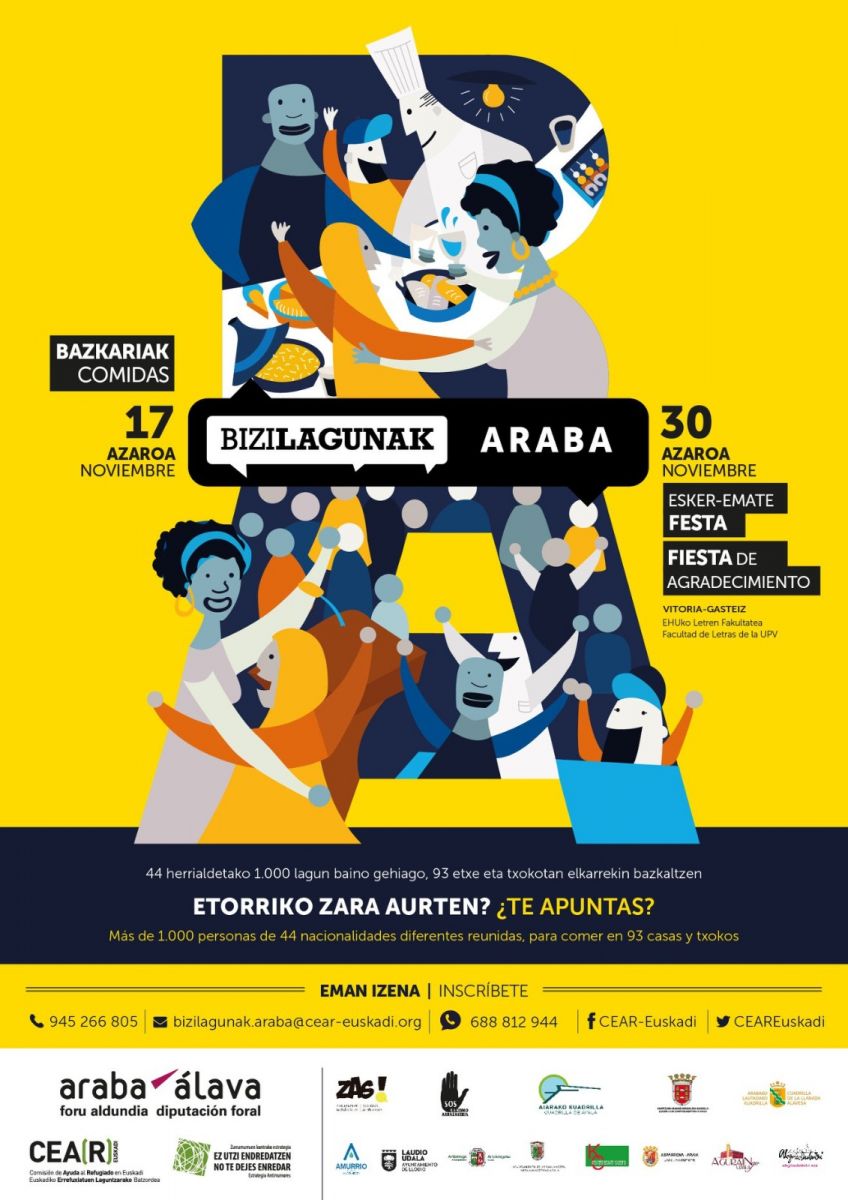
Gizakiok berezkoa dugu parte garela sentitzeko beharra. Parte izateko modu hori jasotako hezkuntza, ingurua... formateatzen joaten da.
Identitateak ezinegon asko sortzen du gizakiongan. Batzuetan, banaketak ere eragiten ditu, ezin dugulako jasan beste baten identitatearen... [+]
International Migrants Day is celebrated on 18 December. Last year, an institutional event was held at the Alhóndiga in Bilbao in cooperation with the social partners and I was invited to participate. There I had an unbeatable opportunity to meet new creators and, above all, to... [+]
Dorleta Mikeok esango digu elkarrekin baina nahastu gabe bizi garela, ez dagoela bizikidetzarik bertakoen eta beste jatorri batzuetatik etorritako familien artean. Mikeo eta Lola Boluda Donostiako Egia auzoan, Aitor ikastolako jolastokian, abiaburua izan zuen egitasmoa garatzen... [+]
The current Basque society is culturally very diverse, people from different backgrounds live in the municipalities, and our centers have noticed this cultural diversity, as in recent courses the enrolment of foreign students has increased considerably. According to the latest... [+]
Rosario Palomino Liman (Peru) jaio zen eta 30 urtetik gora daramatza Bartzelonan bizitzen. Katalanez erraz egiten du, eta hala ere, katalan hiztunek gaztelaniaz egiten diote, kanpotar itxura duelako. Badaki errespetuaren izenean egiten diotela gaztelaniaz, baina bera... [+]
But the rain has come at the end: How to hold Euskal Herria so green, if not,” they say. And he really has it. But in our mother's country, the earth acquires a dark tile color when it rains, as if it wasn't very clear what it's made of: tiles by land or tiles. Green meadows are... [+]
Serious situation? To whom is the extremely serious situation addressed? Who cares? If the 2018 studies, studies and surveys show that the Basque lives behind his culture, who cares?
My friend told me what it's hard to get together, at dawn, when we were in Azpeitia Square... [+]









